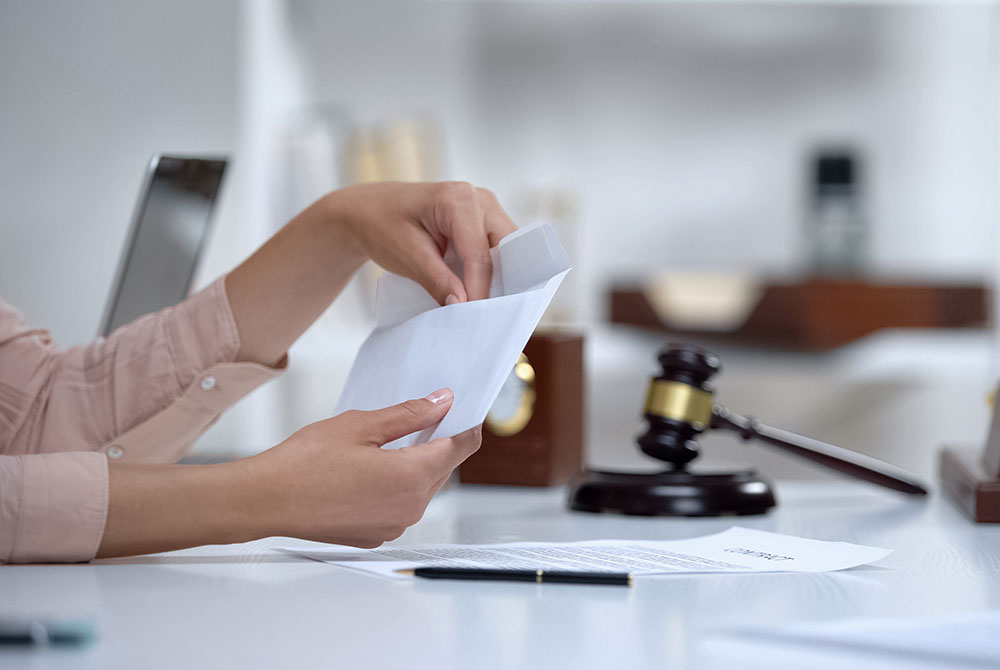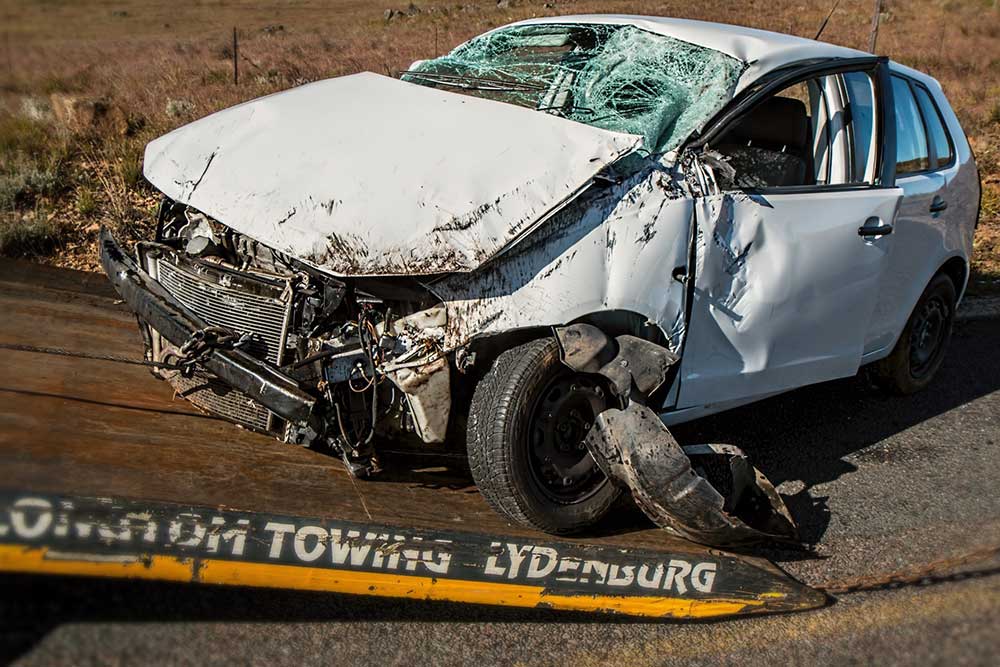There has been a recent surge in the popularity of electric scooters throughout the nation, and Boston is no exception to the craze. The primary marketing focus seems to be on commuters and tourists, as companies like Bird introduce electric-scooter-sharing services in various parts of the country. But this is not the only market. At first glance, electric scooters may appear harmless and safe for kids, but they can be dangerous, and parents should be up to speed on the risks and legal implications surrounding these devices.
- Electric Scooter Accidents are a New Industry with New Legal Problems
- Bird & Lime Scooter Accident Attorney Near Me
- Less Regulation Means More Risk
- Meet our team!
- Why Electric Scooters are Dangerous
- Client Reviews
- Types of Electric Scooter Accidents
- Who is Liable for Damages after an Electric Scooter Accident in Boston?
- Compensation After a Scooter Accident
- Massachusetts Scooter Laws
- Bird’s Failed Attempts So Far to Introduce Electric Scooters in Massachusetts
- Why Do You Need a Boston Electric Scooter Accident Lawyer?
- 30-Day, Risk-Free Guarantee
- Serving The Following Neighborhoods
- 30-Day, Risk-Free Guarantee
Electric Scooter Accidents are a New Industry with New Legal Problems
The addition of Bird electric scooter sharing services in various states has created new legal issues because it’s essentially unchartered waters. There have been some issues figuring out how to classify and regulate these scooters. In Massachusetts, electrics scooters fall under motorized scooter laws, and electric scooters don’t meet the guidelines. According to Boston.com, officials in Somerville and Cambridge say the original decades-old law was intended to regulate faster-speed, gas-powered scooters that you ride on.
Scooter-share companies have faced controversy in the wake of setting up shop, especially when they do so without obtaining property permits and licenses. The lock-it and leave-it policy has also resulted in locals declaring them a public nuisance in some cities.
Regulations aside, the arrival of scooter-share companies like Bird and Lime create new types of hazards if scooters are left where they put pedestrians at risk. Unfamiliar riders can cause accidents with other scooters, bicycles, pedestrians, and even vehicles. And, what are the rules in regard to liability? Will the scooter-share companies be held liable for these accidents?

Bird & Lime Scooter Accident Attorney Near Me
Less Regulation Means More Risk
Without proper regulations in place, Boston stands to run into the same problems that other cities, like Los Angeles, have encountered with the arrival of electric-scooter-share services. The city initially embraced the arrival of companies like Bird and Lime electric scooters, but complaints started coming in almost immediately. Users are expected to ride in bike lanes and leave them parked near bike racks, but people were riding along sidewalks and leaving the scooters wherever they wanted, even if they blocked pedestrian traffic. What followed was retaliation by locals who started burning them, burying them at sea, and whatever else they could imagine. This forced the city to prohibit electric-scooter-share companies from operating until regulations could be enacted to address the flurry of new issues that developed overnight.
The city subsequently adopted a city-wide dockless vehicle pilot program that included rules regarding parking, permits, maintenance, and the requirement that there be a 24-hour emergency contact person for scooter removals. Even if scooter companies like Lime and Bird are properly permitted and licensed in Boston, where does the law stand on scooter inspection regulations? There need to be proper regulations in place to address the wear and tear these scooters suffer. Failure to do so could result in malfunction and a greater risk of product defect lawsuits.
Meet our team!
Why Electric Scooters are Dangerous
Some of these scooters, like Bird electric scooters, can travel as fast as 15 miles per hour, which could be too much for an inexperienced rider to handle. Someone who pushes the scooter beyond their ability can pose a serious danger to pedestrians and any other traffic around them. Some of the risks that these electric scooters pose include:
- As a rider, you are less visible to motorists. Scooters are small and can be easily obstructed by other objects on the roadway.
- A scooter rider can encounter a road hazard like a pothole, loose gravel, uneven surfaces, and more, and lose control of the scooter.
- There is no barrier between the electric scooter and the road, which means scooter riders are like bicyclists and motorcyclists who have no protections like airbags or seat belts.
- Failure to wear a helmet can result in serious injuries, especially head trauma if the rider sustains a fall.
- With no regulations or licensing required, users are often inexperienced and that can spell trouble. Some riders may also engage in high-risk behavior like riding against traffic, putting two people on at once, or operating a scooter while intoxicated.
Scooters left on the sidewalks and other places can create hazards for people who trip over one and subsequently fall. Another way someone can be injured by a scooter is if it’s defective. If it malfunctions, it can cause the rider to fall and sustain injuries. Tracking the number of accidents since these electric scooters have launched is difficult. It seems that many hospitals are not tracking injuries, so coming up with comprehensive electric scooter accident statistics is challenging. While not definitive, Consumer Reports did a tally from major hospitals and public agencies to determine that there have been an estimated 1,500 people injured on electric scooters since late 2017. Some of the injuries reported to Consumer Reports include nasal fractures, concussions, and bilateral forearm fractures, with some patients requiring surgery.. The lack of helmets has contributed to some of the more serious injuries seen. People are renting the scooters from the last place someone left them and, let’s face it, how many people are walking around major cities holding a bicycle helmet?
Client Reviews

Highly Recommend Michael Kelly Injury Lawyers. I’ve read numerous positive reviews about Michael Kelly Injury Lawyers, and they consistently stand out for their professionalism, responsiveness, and successful case outcomes. Clients appreciate their efficient onboarding process, compassionate approach, and detailed attention to each case. Michael Kelly and his team have been praised for their dedication, clear communication, and ability to achieve excellent settlement results. Based on the overwhelming positive feedback, I would highly recommend them to anyone in need of a personal injury lawyer.
Johanne Karl Reyes
Types of Electric Scooter Accidents
В There are a number of different reasons and causes of scooter accidents. Some of the more common reports can include:
- Pedestrian is hit by a scooter speeding on the sidewalk, or the pedestrian falls trying to avoid getting struck by a speeding scooter rider.
- Scooter rider crashes after being chased by a dog that is not on a leash.
- Vehicle operator swerves to avoid a scooter and subsequently hits another motorist or parked vehicle.
- Scooter operator crashes after hitting a pothole or debris on the road.
- Pedestrian trips over an electric scooter outside of their building entrance.
- It’s easy to inadvertently lock the front wheel if the rider brakes too hard, which can throw the person off the scooter.
- Injured riders due to a defective scooter that was not properly inspected and maintained.
Who is Liable for Damages after an Electric Scooter Accident in Boston?
If you are looking for compensation an electric scooter accident from the scooter-share companies, this is where the problems start. With a vehicle, drivers are required to carry liability insurance, but with an electric scooter, there is no such requirement. Who pays for your damages will depend on who was at fault in the accident.
If you are pursuing a liability claim against an at-fault party, Massachusetts is a modified comparative negligence state. This means that if you were a percentage at fault, you may still be able to recover a portion of your damages, provided your own liability is less than 51%. For example, if the other party is determined to be 85% at fault and you are 15% at fault, then you could collect 85% or your damages. The other party could not recover 15% of their damages however because they were 51% or more at fault. Examples of who might be responsible after an electric scooter accident include:
-
Scooter Company
If the scooter company is at fault, they should be held liable. However, Bird and Lime have you sign agreements that include hold-harmless clauses that state that under the user agreement, you assume responsibility for injuries and hold the rental company harmless from any injury claims.
-
Scooter Rider at Fault
If you were struck by a scooter rider, he or she is liable. If they have homeowner’s or renter’s coverage, it may cover the damages, however you may be out of luck if they do not.
-
Pedestrian at Fault
If a pedestrian is the cause of the scooter rider’s injuries, then the only hope for recovery is the pedestrian’s homeowner’s or renter’s insurance.
-
Vehicle Operator at Fault
If a motor vehicle driver is the one who hits the scooter and is at fault, then the driver’s auto insurance would be responsible for the scooter rider’s injuries.
Compensation After a Scooter Accident
Because Massachusetts is a no-fault state, you are required to seek compensation from your personal coverage first, which will cover up to $8,000 and potentially 75% of your lost wages. If you have health insurance, your auto insurance will only cover $2,000 and then your health insurance will cover a portion, excluding the first $2,000. Property damage will be covered by the at-fault party’s insurance coverage. If you qualify under the requirements to pursue a bodily injury claim, you may be entitled to additional compensation, including something called non-economic damages. Non-economic damages include:
Massachusetts Scooter Laws
Governor Charlie Baker has proposed legislation that would allow electric scooter-sharing services like Lime and Bird to resume doing business in Massachusetts on a full-scale basis. Gov. Baker’s road-safety bill would change the existing law that would allow electric scooters to fall under the same regulations as a human-powered bicycle. Under the existing motorized scooter law, the reason electric scooters are illegal is that they do not contain turn signals or brake lights as required. The proposed law would also require that any rider under the age of 16 must wear a helmet, riders would need to yield to people walking, and also provide some type of audible signal when passing someone. The scooters could also not be parked improperly, which can mean where they are blocking pedestrians or vehicle traffic. There are additional bills on the table regarding electric scooter regulations, one of which would require scooter companies to pay taxes of $0.20 per ride and carry insurance.
Bird’s Failed Attempts So Far to Introduce Electric Scooters in Massachusetts
Bird attempted to launch their scooter-sharing products in Cambridge and Sommerville last summer, but officials determined they didn’t have appropriate permits to operate in Cambridge. Before allowing companies like Bird and Lime back in, there needs to be proper regulations in place that will protect both the scooter riders as well as put residents’ fears to rest. However, given that Massachusetts laws say that electric scooters are illegal under current laws, unless the state law is changed, they would still be unable to operate legally. Despite that, a pilot program just launched in Brookline that is allowing Lime and Bird to roll out 100 electric scooters through November 15 to see how the process goes. Under the program, some of the terms are:
- You must be at least 18 years old to operate an electric scooter.
- Riders can only operate them between 6 AM and 9 PM.
- Riders are asked to park between sidewalks and street curbs, leaving plenty of space for pedestrians.
- If the rider exits Brookline town limits, the scooter will not be unlocked for use until it’s back inside the proper boundaries.
Unfortunately, there was an incident minutes after the Brookline launch where a rider crashed and was taken to the hospital via ambulance where she received four stitches, leading some people to still have safety concerns about these scooters.
Why Do You Need a Boston Electric Scooter Accident Lawyer?
Accidents involving electric scooters are complex. If you or a loved one were injured on or by an electric scooter, it’s important you reach out to a Boston electric scooter accident attorney right away. The sooner you have an attorney representing you, the sooner he or she can start working on your case. With laws and regulations up in the air regarding electric scooters in the state, it’s even more important to make sure you have someone protecting your interests. Contact the experienced team at Michael Kelly today to schedule an initial consultation. Our Lime & Bird scooter accident lawyers can advise you on what your legal options are and whether you have a valid injury case to pursue.















